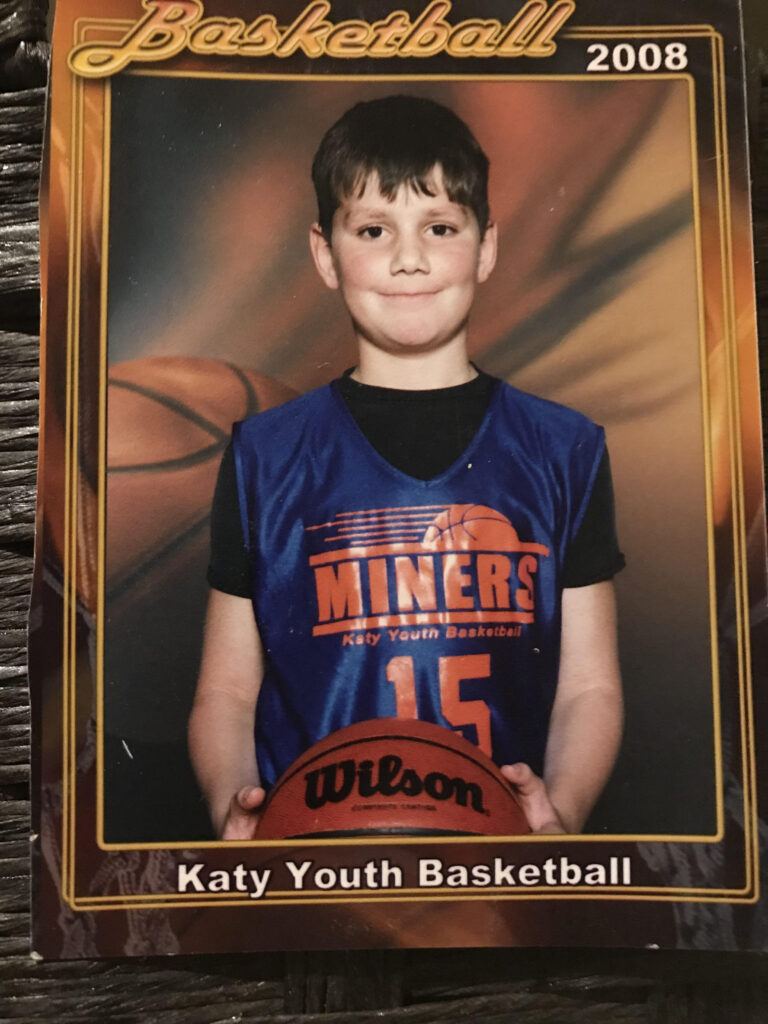What to Expect When You Are Recovering
share to:

Jill’s point of view:
Reflecting on my son’s pending graduation in May, I still recall the day he was born. I had woken up that morning knowing it was time, went to the hospital to give birth and then was told to go home as he wasn’t quite ready to be in this world. By the next day, contractions started and he was delivered that evening at 5:04 pm, December 30th. Eighteen years later, he is about to graduate from high school and start his college experience. Where did the time go? I once heard someone say “the days are long but the years are short when you are raising a child.” I thought being pregnant and delivery was hard. Eighteen years raising, supporting and parenting a baby to a man is the biggest accomplishment of my life!
He really has a great head on his shoulders, is mature and I have no doubt he will accomplish big things. As I reflect back over these years raising him, boy (or should I say man), there were some ups and downs! He was a large child at birth (way above average) so I remember holding him and having neck and back issues between 1-2 years of age. Toddler stages were difficult. He “looked” like he as five but he was only three years old. Very active and always on the run. We called him our energizer bunny (he kept going and going and going…). Tween years he “knew “everything (remember as parents we know nothing until maybe they are 30?) and was such a risk taker. By sophomore year he began to take more ownership of grades and we had to be much less “in his business.” Now a senior about to embark to college: he’s ready, I have no doubt!
A client and I were reflecting on how long we had worked together. She said, “Nine months….we just had a baby!” We both laughed and then I said, “Yeah, nine months is a long time and now we need to raise this child for the next eighteen years.” Having a baby and raising a child for eighteen years is like starting work on your eating disorder (having a baby) and maintaining recovery (eighteen years of raising a child).
Nutrition rehabilitation is no doubt hard work. Regardless of your eating disorder, nutrition rehabilitation requires relearning sound nutrition principles; repairing your body through regular eating patterns and balanced eating; and letting go of nutrition rules and belief systems that do not serve you anymore. Repairing the body does not often take years and really shouldn’t with the medical complications that can quickly pop up with malnutrition and engaging in eating disorder behaviors. A quick “gestation” period is best: often we see great medical and nutrition progress in six to nine months of starting the recovery process. Maintaining recovery and actually getting to a recovered state….now this is actually more difficult and takes the longest time of readjustment and even more learning. Think about all the stages a child goes through in eighteen years of life: baby, toddler, adolescent, teenager, and young adult (read above). These stages are similar to the recovery process after nutrition rehabilitation.
Meredith’s point of view:
Erik Erikson’s 8 Stages of Psychosocial Development come to mind here. If you think about it, the first stage of Trust vs. Mistrust can often represent the initial phases in working with a therapist and dietitian. It is tough hearing that strong eating disorder voice in this stage combating everything your treatment team is recommending.
Autonomy vs Shame and Doubt may represent the successes that come with following recommendations or perhaps internal shame with slips. Like a young child, Initiative vs Guilt may be the stage where you are finding your voice and working on your own creative ways of engaging in recovery. Industry vs Inferiority coincides with a longer stage in recovery where you are really given more independence in your options and finding a sense of success in navigating triggers without using eating disorder behaviors.
Identity vs Role Confusion is the adolescent stage of your recovery! A lot going on here. You may find in this stage your values begin to shift or show up as you notice your identity is no longer entangled in the eating disorder. With Intimacy and Isolation comes the skills needed to build and nurture healthy relationships in your recovery process. In the Generatavity and Stagnation phase, you’re continuing to explore who you are outside of the eating disorder and yourself by contributing to the community around you in a variety of ways.
The final stage, Integrity vs Despair, models the part of your recovery which is RECOVERED. You can look back and note with pride all that you have overcome and achieved and the purpose that both the eating disorder and recovery serve in your life.
I love a quote I read in Margo Maine’s book Body Wars “Recovery means progress, not perfection.” This is a journey for everyone, with no perfect time frame or process. You can have two children from the exact same parents and the parenting process will likely be drastically different for each child. Individualized treatment is similar in that it accounts for the needs of the individual, the history of the eating disorder, resources available and ultimately what is effective for that person. When you have a newborn, you may not be able to know what to expect the next 18 years, but you can expect it to be a journey and adventure, much the same as the recovery process! Even better with a therapist and dietitian right there with you the whole time.

